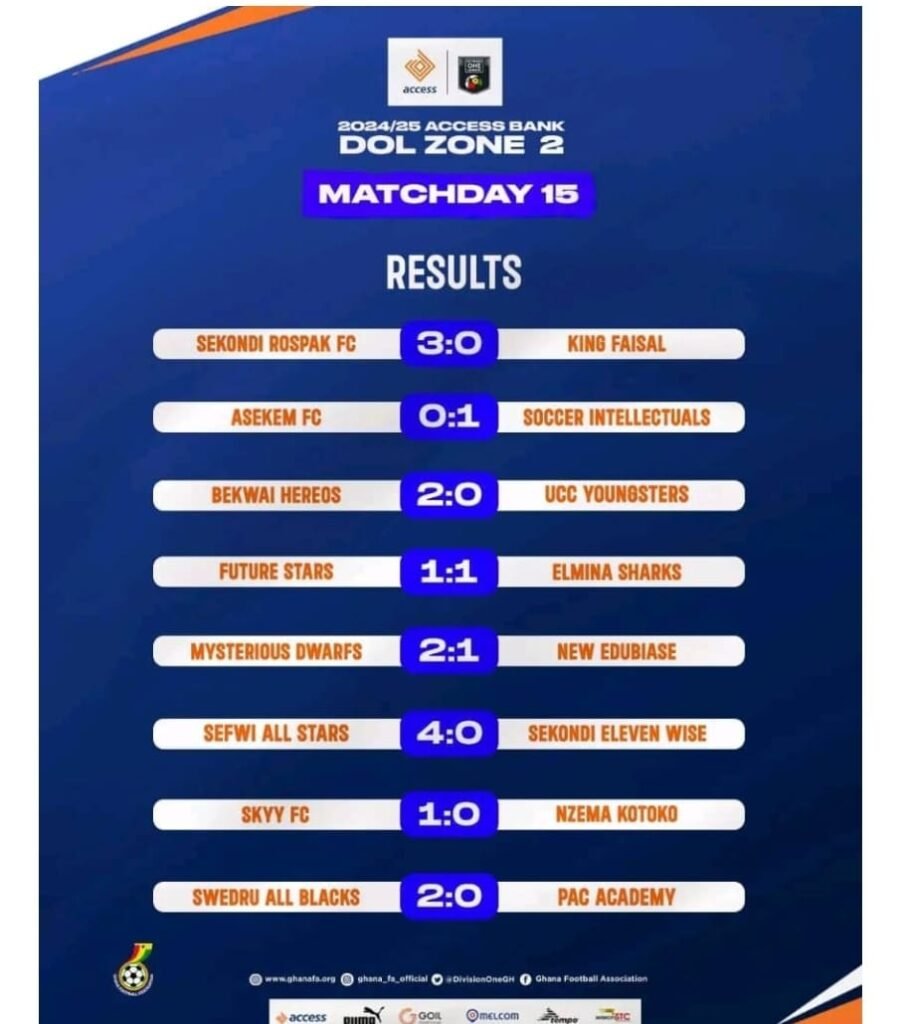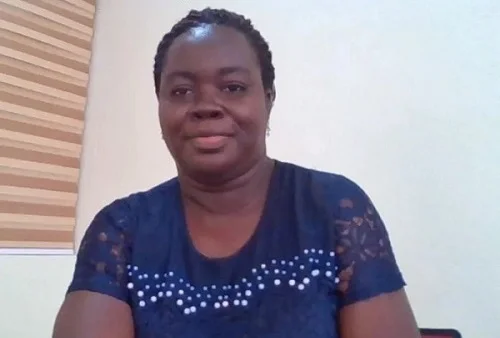Hot!
Joshua Opoku Agyemang – inspiring a new generation of tech-savvy youth

“The fourth industrial revolution would bring a lot of changes where everything would become faster and smarter therefore we need to prepare the younger generation for a future which is yet to be created.”
These are the words of Joshua Opoku Agyemang, a young Ghanaian ‘Techpreneur’ who, together with his team, is helping nurture a new generation of young people to acquire the necessary skills to enable them make valuable contributions in the technology space and beyond.

Joshua is the Co-Founder and President of Internet of Things (IoT) Network Hub Africa, a non-governmental organisation with over 20,000 members and chapters in 20 African countries. It comprises innovators, scientists, technologists, engineers, educators, entrepreneurs, college professors, who are helping solve Africa’s “nagging problems” through technology innovations.
The 29-year-old in an interview with The Spectator says the organization, among other things, is focused on making Science, Technology, Engineering and Mathematics (STEM) education “practical and accessible” to every student across the country while helping them tap into opportunities in the fast-expanding sector of emerging technologies.
Emerging technologies relates to subjects such as Robotics, Artificial Intelligence, Virtual Reality, Cryptocurrency, among others. The organisation has for the past six years been developing courses along these areas and continues to impact a number of the youth positively.
Background/Interest
Talking about his personal interest in technology, Joshua, described as a “Tech Progidy or IoT Evangelist,” said he was exposed to computers at a tender age while growing up at Kasapin in the Bono Region.
Born to well-educated parents, he started playing video games and doing other interesting activities with computers before entering Senior High School to study General Science.
“My first experience with computers felt magical so I developed an obsession for computers at the age of seven. My curiosity keep developing and I started doing a lot of things with computers.

ecosystem in Africa
“I took this same obsession to Mim Senior High School and in my final year, I took a computer to the boarding house and that is how it all started,” he recalled.
He admitted that his passion for computer technology affected his performance in the final examination as he had stopped attending class and rather spent more time with his PC in the dormitory. For this reason, he was unable to make the required grades to enter the university.
Training
In 2012, he relocated to Accra to pursue Diploma in Business Computing (Computer Programming) at the Ghana-Indian Kofi Annan Centre of Excellence in ICT (AITI-KACE) after which he decided to start his own company, Pesonet, to provide solutions and services in software development, computer networking, among others.
Joshua said he was fascinated by the wonderful depiction of science and technology in the movies he watched and wondered if black people could do same. But as time went on, he realised all of that was possible in here in Africa also.
This awareness and the desire to explore the many possibilities of science and technology, he explained, gave birth to the ‘IoT Hub’ so people with similar interests could join.
“After investing in a lot in research and development, we realised IoT was just a tip of the iceberg and we have to delve into how new techonogies that were shaping the world,” he added.
Support
The organisation, since its inception, whips up the interest of the youth in STEM education and continues to gain recognition for its work. In spite of challenges, the Founder said IoT Hub Africa was thriving on a number of partnerships and the voluntary support of members.
“For the past six years, we had to find ways to survive and keep things running. Our human resource has been our greatest asset. One of our biggest partner is STEM AID and Implementers (Ghana) that are helping push STEM education across the country,” he said.
He noted IoT Hub Africa was partnering these organisations which are building sixteen ICT Labs in all regions of the country in addition to training and providing educational content on ICT devices.
“IoT Hub Africa is also in partnership with the Ministry of Communication under the Kofi Annan ICT Centre where we are provided a space to organize our monthly programmes.
“This year we got final support from the Government of Ghana under the U-Start programme to train more young people and create more opportunities for the youth in the technology space,” he added.
Nonetheless, he said the organisation needed more support and resources to deliver on its quest to empower the next generation of tech-savvy young people and help them acquire employable skills.
Achievement
Among other accomplishments, Joshua was named among top 30 entrepreneurs in 2018 at the African Entrepreneurship Award. In 2019 he won the Ghana Open Data Initiative Hackathon.
In 2020, he and his team invented a smart veronica bucket, a 3D printed reusable face mask, an automated ventilator for supplying oxygen to COVID-19 patients.
These works got featured in 50 Innovations from Africa combating COVID-19 by United Nation Development Programme UNPD and in the ‘100 Inventions and ideas’ for COVID-19 in Africa by Forbes Africa in 2021.
Joshua is also the president of the Ghana STEM Network where he is mandated to ensure every student in the country have access to practical ICT education.
Family support
The smart and eloquent fellow said his parents, who had wanted him to become a teacher, now appreciate and understand what he does despite their initial reservations.
He maintains that “the only way to prepare young people for the future is to empower them with 21st century skills so they will be able to survive in any other world,” stressing that “the future is unknown and we need to be ready and prepared for the unknown future.”
By Ernest Nutsugah
Hot!
Swedru All Blacks back to winning ways, Roshan humble King Faisal

Sekondi Rospak FC made it eight wins in eight successive home games after three second-half goals from John Amoah, Joseph Ntow and Stephen Anthony Kofi. John Amoah opened the scoring in the 55th minute after a barren first half. Joseph Ntow added to the tally in the 56th minute before Stephen Anthony Kofi rounded things up in the 74th minute to give Rospak a 3-0 win over former Premier League side King Faisal.
Elsewhere at Swedru – leaders Swedru All Blacks humbled PAC Academy in an emphatic 2-0 win. Zayat Bubakari scored first for Swedru All Blacks in the 27th minute before Rudolf Junior Nana Kwasi Mensah made it 2-0 in the 34th minute. Swedru All Blacks are top of the table with 36 points – 4 points ahead of second placed Rospak FC.
Meanwhile, Former Premier League side Cape Coast Mysterious Dwarfs recorded their fourth successive home victory after beaten New Edubiase United 2-1 at the Robert Mensah Park. Enoch Odoom struck first for Cape Coast Mysterious Dwarfs in the 19th minute but Steven Asante equalized for New Edubiase United before halftime. After the interval, Godfred Eshun scored from distance in the 65th minute to help Cape Coast Mysterious Dwarfs secure all the points.
Here are the results in Zone Two

Hot!
Cervical Cancer alert: Avoid sex at early age

The Programmes Manager of Non-Communicable Diseases (NCDs) of the Ghana Health Service (GHS), Dr Mary Efua Commeh, has advised young girls to avoid sex at an early age.
This, she explained, will give the cervix the opportunity to mature before they become sexually active.
“You need to delay what we call the first sexual intercourse as much as possible to give the cervix the opportunity to mature before the person becomes sexually active,” she said.
Dr Commeh stated this in an interview with The Spectator in Accra on Tuesday as a part of the Cervical Cancer awareness month.
According to her, cervical cancer was the second leading female cancer in Ghana with a total of about 3,072 cases annually, and out of that, 1,815 deaths are recorded, representing more than 50 per cent.
She indicated that “If young girls are going to be sexually active, then you need to talk to your parents about being vaccinated.”
She explained that vaccinating young girls against human papillomavirus (HPV) has been found to be a very effective way of preventing cervical cancer.
“There are countries that started HPV vaccination years ago and they are not seeing any cervical cancers now because they would have eliminated most of the high-risk HPVs in their women. So if the high-risk HPV is not there, then obviously the results on cervical cancers are going to go down,” she added.
Dr Commmey said the HPV vaccination is recommended for young girls aged nine to 14 years, adding that it had been found to be highly effective, not just for cervical cancers but for other HPV-related cancers, such as anal cancers, cancers of the vagina, genital warts, amongst others.
She further elaborated that the idea is to put up a barrier before the HPV comes in and that once a young female encounters it, she is already protected.
She also mentioned that for cervical cancers, the main cause is called HPV infection, saying generally, all sexually active women acquire HPV at some point in their lives.
However, the Programmes Manager of NCDs at the GHS mentioned that the body has a way of clearing the HPV, explaining that it is a natural mechanism that goes on, unfortunately, there are a few women whose HPV persists.
Moreover, she noted that the numbers for Cervical Cancer tend to be much higher because at times, clients would wait, and try all sorts of medications before they finally report to the health facility saying “we actually lose some women before they get to the hospitals with over 75 per cent of the cases coming in its third and fourth stages.”
Dr Commey, therefore, called for public awareness while ensuring the availability of information for prevention and control.
By Jemima Esinam Kuatsinu







